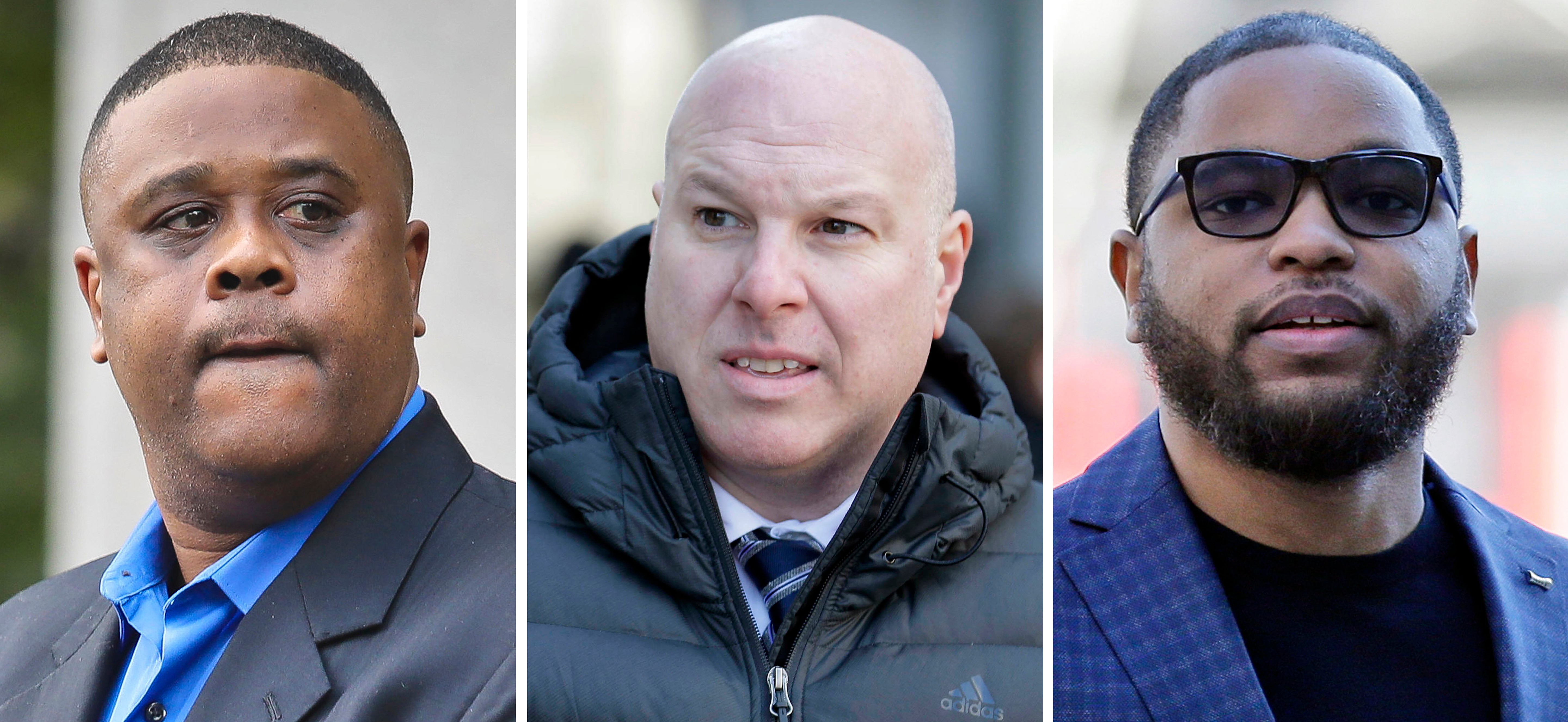Appeals court OKs convictions in college basketball scandal
A federal appeals court in New York has upheld convictions against a sports marketer, an aspiring agent and a financial adviser in a college basketball scandal that spoiled the careers of several coaches

A federal appeals court in New York on Friday upheld convictions against a sports marketer, an aspiring agent and a financial adviser in a college basketball scandal that spoiled the careers of several coaches.
The 2nd U.S. Circuit Court of Appeals in Manhattan said in its written decision that it was not adequate for the defendants to argue that their actions mirrored what was commonly done in college basketball programs and that their aim was to help universities, rather than harm.
“The ends, however, do not justify the means, and that others are engaging in improper behavior does not make it lawful,” the 2nd Circuit wrote.
The convictions grew from the 2017 arrests of 10 individuals in what authorities described as a conspiracy to pay bribes to the families of young players to ensure NBA-bound college basketball stars would pledge allegiance to certain agents and handlers or attend certain schools.
The appeal stemmed from the convictions of former Adidas executive James Gatto, business manager Christian Dawkins and amateur league director Merl Code. They were convicted of conspiracy to commit wire fraud for funneling money and recruits to Louisville and Kansas.
Other defendants pleaded guilty to charges or cooperated with prosecutors rather than go to trial, including four former assistant basketball coaches who pleaded guilty to bribery conspiracy.
In ruling, a three-judge appeals panel noted that the defendants argued that they should not have been convicted because they did not have fraudulent intent since their scheme was designed to help the schools recruit top-tier players. One appeals judge did offer a partial dissent to the ruling, saying he would have rejected some charges on the grounds that some evidence the defendants wanted to show jurors was unjustly disqualified.
Messages seeking comment were sent to lawyers for the men.
More than two dozen schools were ensnared in the scandal for misdeeds ranging from paying for meals to six-figure payments to recruits’ families.
Duke, Oregon, North Carolina State, Creighton and Texas were among the schools mentioned in testimony during a 2018 trial.
At a second trial, individuals at the University of South Carolina, Oklahoma State University, the University of Arizona, the University of Southern California, Creighton University and Texas Christian University were implicated.
Bookmark popover
Removed from bookmarks